Side Effects of Not Combing Hair Properly: Surprising Facts You Didn't Know
| Estimated Reading Time: 8 minutes |
Our hair is the most sensitive area of the whole body and requires utmost care. In this blog, we will delve into the intricacies of hair, involving the function of hair, layers of hair and the do's and don'ts for hair care and, most importantly, the side effects of not combing hair.

This blog also talks about "Why you should not comb your hair". It might sound surprising to you, as we have been taught to comb our hair regularly, as it is meant to be good for hair health. Let us read the blog and unlearn and learn new concepts about hair care which we are not aware of.
Table of Content:
|
Why you should not comb your hair?
Combing is the most basic hair care tool.
Are you aware that combing can sometimes have a negative impact on hair?
Are you aware and conscious enough of what type of comb you use and how you search for it?
Below are the Top 10 Side Effects of Not Combing Hair Properly (and Over-Combing Too):
1) Hair Damage: Excessive or harsh combing can lead to hair breakage and damage, especially if the hair is dry or brittle.
2) Split Ends: Over-combing can contribute to the formation of split ends that can make the hair appear frizzy and unhealthy.
3) Scalp Irritation: Vigorous combing can irritate the scalp, leading to redness, itching, and discomfort.
4) Hair Loss: Rough handling and frequent combing can result in hair loss, mainly if done when the hair is wet and more vulnerable.
5) Weakened Roots: Pulling and tugging on the hair while combing can weaken the hair follicles and lead to thinning hair over time.
6) Frizz: Aggressive combing can disrupt the hair's natural texture, leading to frizz and an unkempt appearance.
7) Natural Oil Distribution: Excessive combing may strip away natural oils produced by the scalp, which are essential for hair health.
8) Knots and Tangles: Frequent combing can create more knots and tangles in the hair, making it harder to manage.
9) Heat Damage: Combining combing with heat styling tools can amplify the risk of heat damage to the hair.
10) Hair Type Considerations: Some hair types, like curly or textured hair, are more prone to damage from combing and may benefit from gentler handling.
It's essential to be aware of your hair type and its specific needs, as some hair types are more vulnerable to damage from combing. Continue reading as we will discuss further more about hair science.
Combing is like pulling your Hair!
Too much combing or too harsh combing could damage hair by breaking hair shafts

When you comb your hair, especially if done with excessive force or using a comb that's not suitable for your hair type, it can put stress on your hair strands. This stress can cause the hair shafts, which are the outer layers of each hair strand, to weaken and eventually break. Imagine pulling on a delicate thread—it can snap if pulled too hard. Similarly, your hair strands can become brittle and break when subjected to too much force during combing. To prevent this damage, it's essential to use a gentle touch.
If not comb, then what?
Finger Detangling or gently use wide-tooth comb
Let us discover the 2 methods for solving the hair winding them:
- Finger Detangling: A Gentle Way to Care for Your Hair
Finger detangling means using your fingers instead of combs or brushes to gently remove knots and tangles from your hair. It's a soft and careful approach that's especially good for curly, coily, or kinky hair. With finger detangling, you can feel your hair's texture and work out snarls without causing damage. Many people prefer this gentle method to keep their hair healthy and beautiful.
Easy Steps for Effective Finger Detangling:
- Start in the Shower: Detangle wet hair, as it's more flexible and less prone to breakage. Apply conditioner from roots to ends for smoother detangling.
- Divide and Conquer: Split your hair into smaller sections to handle tangles more effectively. Focus on one area at a time.
- Begin at the Tips: Begin detangling at the ends, the most delicate part of your hair, and work your way up.
- Keep Scissors Handy: For stubborn knots, it's better to cut them gently rather than pull them, which can cause damage.
- Take Your Time: Finger detangling may take longer but is gentler. If you're short on time, you can "pre-detangle" with your fingers in the shower before using your regular tools.

Wide-Tooth Comb: Ideal for All Hair Types
Well, selecting the right tool or the right comb as per hair type can be tricky. What is the correct form of comb which is best suited for all hair types?
The answer is a wide-tooth comb; unlike plastic combs, it helps to reduce the frizz in the hair and reduce brittleness and breakage. Moreover, the comprehensive, rounded tips of wooden combs provide a gentle massaging effect to your scalp with minimal friction. They won't scratch your scalp and are effective at preventing hair tangling. Wooden combs truly shine when it comes to managing thick, curly hair, which can be a challenge with other types of combs or brushes. They are less likely to pull on your hair, leading to reduced breakage and a lower risk of split ends. Additionally, it's worth mentioning that wooden combs are a more eco-friendly choice. So, when you're considering the best tool for maintaining healthy, frizz-free hair while also being mindful of the environment, a wide-toothed wooden comb is an excellent option to consider.
Natural Scalp Health Upgrade: Neem Combs
Neem wood combs offer all the benefits of a wide-tooth wooden comb: gentle detangling, reduced hair breakage, and frizz control, but with added Ayurvedic properties. Neem is known for its antibacterial and antifungal qualities, making its combs ideal for those struggling with dandruff, an itchy scalp, or hair fall. Regular use can not only help improve scalp hygiene but also distribute natural oils more evenly. As a bonus, neem combs are eco-friendly, durable, and promote better blood circulation through their soft massage effect.
Coming back to the benefits of wooden combs…
Using a wide-tooth comb correctly is essential for keeping your hair healthy and tangle-free. Here's the right way to use a wide-tooth comb:
- Start with Clean, Conditioned Hair: It's best to comb your hair when it's clean and conditioned. The conditioner helps soften your hair, making it easier to detangle.
- Section Your Hair: If you have thick or long hair, divide it into smaller sections. This makes the combing process more manageable.
- Hold the Comb Correctly: Grasp the wide-tooth comb with a relaxed grip. Your goal is to be gentle on your hair to avoid breakage.

- Begin at the Tips: Start combing at the ends of your hair and work your way upward. Comb through each section slowly and carefully. If you encounter a tangle or knot, pause and gently work it out, starting from the tips and moving upward.
- Use a Detangling Spray: If your hair is prone to tangles, consider using a detangling spray or leave-in conditioner. Spray it on the tangled area before combing to make the process smoother.
- Avoid Pulling and Tugging: Never force the comb through a tangle by pulling or tugging. This can damage your hair. Instead, be patient and gentle.
- Clean Your Comb: After each use, clean your wide-tooth comb to remove any hair or product residue. A clean comb is more effective at detangling.
- Comb Regularly: To prevent severe tangles, make combing a regular part of your hair care routine. Comb your hair gently daily or as needed.
Remember that using a wide-tooth comb is a gentle way to detangle your hair, but it's still essential to be patient and cautious to minimize damage and breakage.
Strengthen your Hair
Use Plant-based Biotin-Rich Shampoo and Hair Oil that could Strengthen your Hair
As we have been talking about it in the blog, combing can cause frizz and make hair dry. A good hair oil and shampoo are a must-do to make hair softer and shinier so that it is easy to detangle.
-
Unlock Hair Beauty: Biotin & Ayurvedic Harmony
Biotin, a form of vitamin B7, is an essential nutrient known for its ability to promote soft and healthy hair. This "beauty vitamin" supports the production of keratin, the protein that forms the foundation of your hair. With an adequate supply of biotin, your hair can become more manageable, softer, and shinier. To further enhance the health and texture of your hair, consider using a green tea Ayurveda shampoo enriched with natural ingredients like Agati oil, aloe vera, and bhringraj. These Ayurvedic herbs have a long history of nourishing hair. Agati oil helps maintain moisture and prevent dryness, while aloe vera soothes and repairs damaged hair. Bhringraj, often called the "King of Hair Herbs", strengthens hair and promotes growth while making it softer. By incorporating this shampoo into your hair care routine, you can enjoy the combined benefits of biotin and Ayurvedic herbs, resulting in softer, more manageable, and healthier hair. It's a holistic approach to achieving beautiful and luscious locks.

Which oil is best for Hair ?
Briganantadi Rosemary Hair Nourishment Oil is excellent for making your hair strong, shiny, and healthy. It has special herbs like Bhringraj, rosemary, and amla that are known for making hair better. You only need to use it five times to see a difference. It's especially good for thin and weak hair. This oil also helps with a healthy scalp, stops hair from falling, and helps new hair grow. It's made from natural things and doesn't have any bad stuff in it. People who've used it say it really works and makes their hair stronger and nicer.
Frequently Asked Questions (FAQs)
1. Is it OK to not comb your hair for a day?
Yes, skipping combing for a day occasionally won't harm your hair, especially if your hair is styled, braided, or left undisturbed. However, making it a regular habit can lead to tangles, buildup on the scalp, and reduced circulation to hair follicles. The key is balance—gentle, intentional combing a few times a week is ideal.
2. What are the side effects of not combing hair regularly?
Not combing your hair regularly can lead to:
-
Tangling and matting of hair strands
-
Scalp buildup and poor hygiene
-
Uneven distribution of natural scalp oils
-
Reduced blood circulation to the scalp
-
Difficulty in detangling, which may cause breakage later
-
A dull and unkempt appearance
Neglecting this simple hair care step can make it harder to manage your hair and impact overall hair health over time.
3. Does combing help in hair growth?
Combing your hair gently can promote scalp stimulation and improve blood circulation, which may support healthy hair growth. However, excessive or rough combing can cause breakage and stress the roots. Always use the right tool and technique, especially for curly, wavy, or fine hair types.
Conclusion
In conclusion, by adopting gentle hair care practices, choosing the right products, and being mindful of your hair's specific needs, you can maintain soft, healthy, and beautiful locks. Remember, your hair is unique, so tailor your hair care routine to suit its requirements. Please treat it with care, avoid excessive combing, and opt for biotin-rich products and nourishing oils to unlock your hair's true beauty. Enjoy the journey to softer, shinier, and healthier hair!
Recommended Products by Blue Nectar:
Briganantadi Rosemary Hair Nourishment Oil | Hair Repair & Replenishment
Green Tea Anti Frizz Shampoo for Dry & Frizzy Hair with Plant Based Biotin
Green Tea Hair Serum for Frizz Free & Stronger Hair with Plant Based Biotin


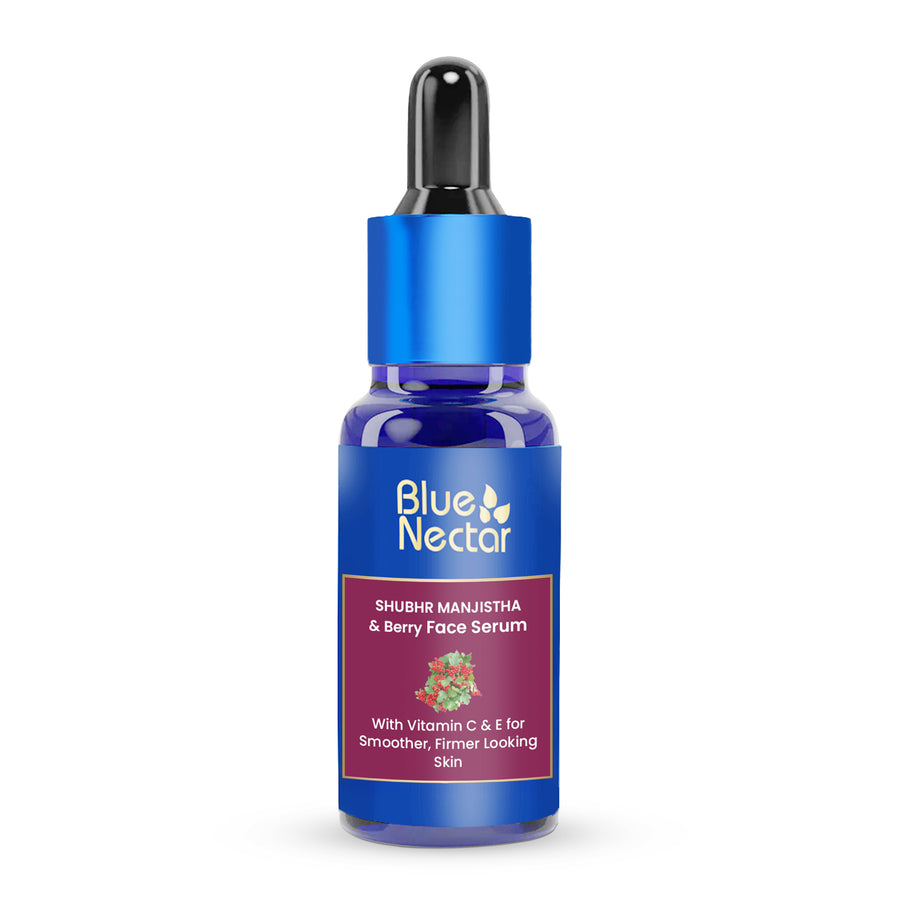
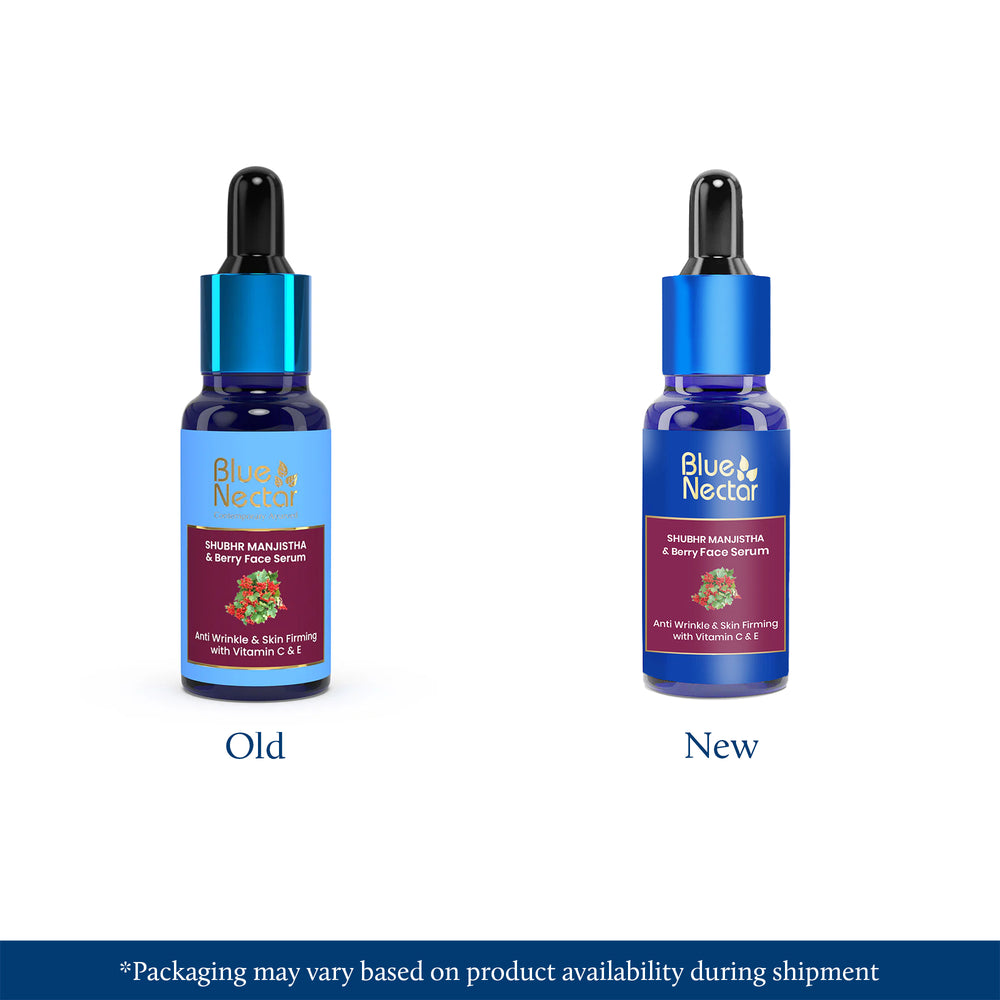
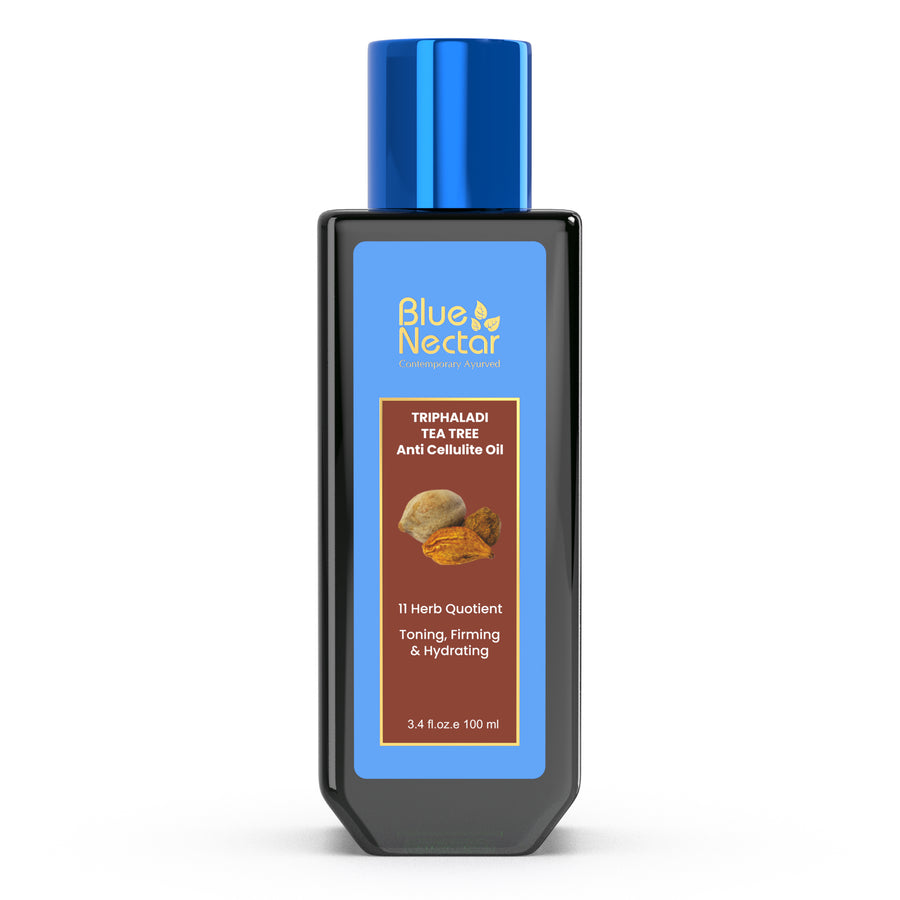
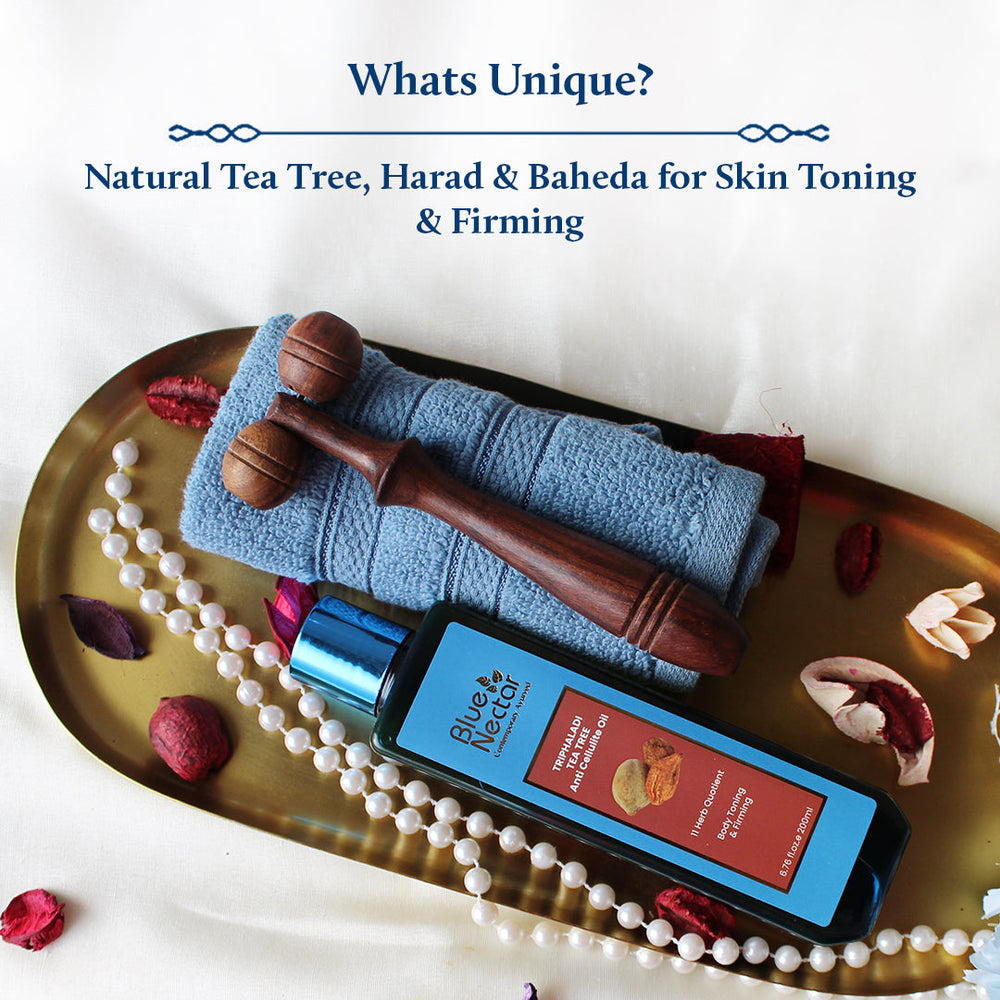
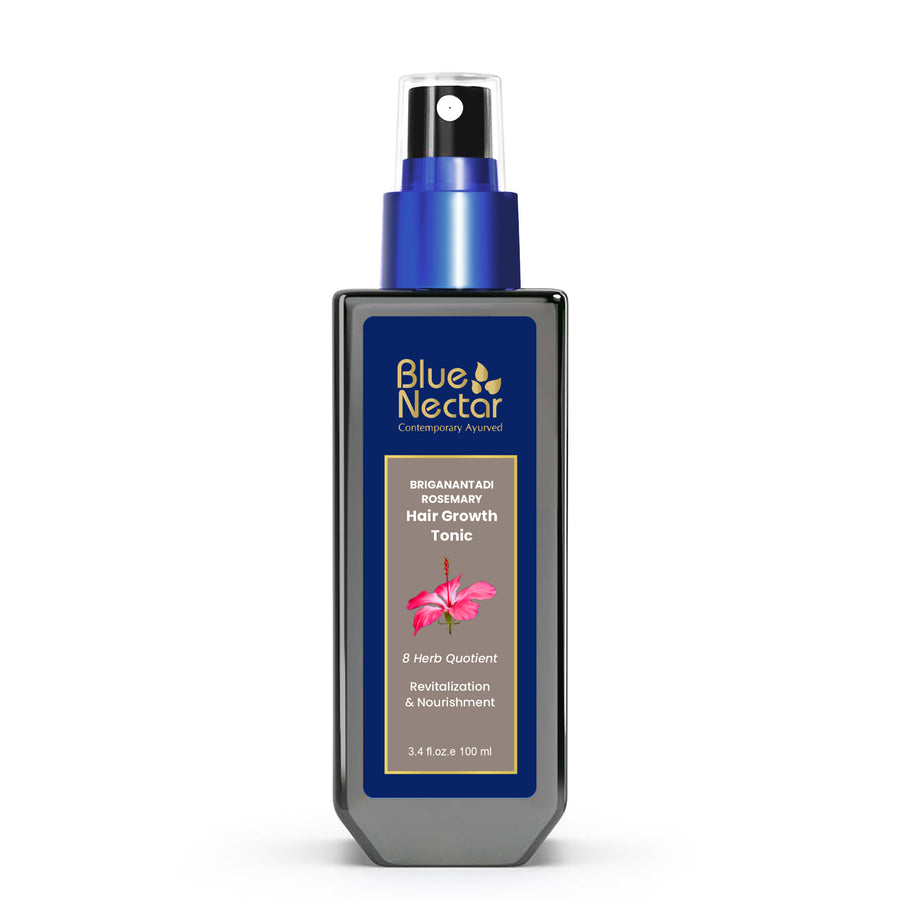
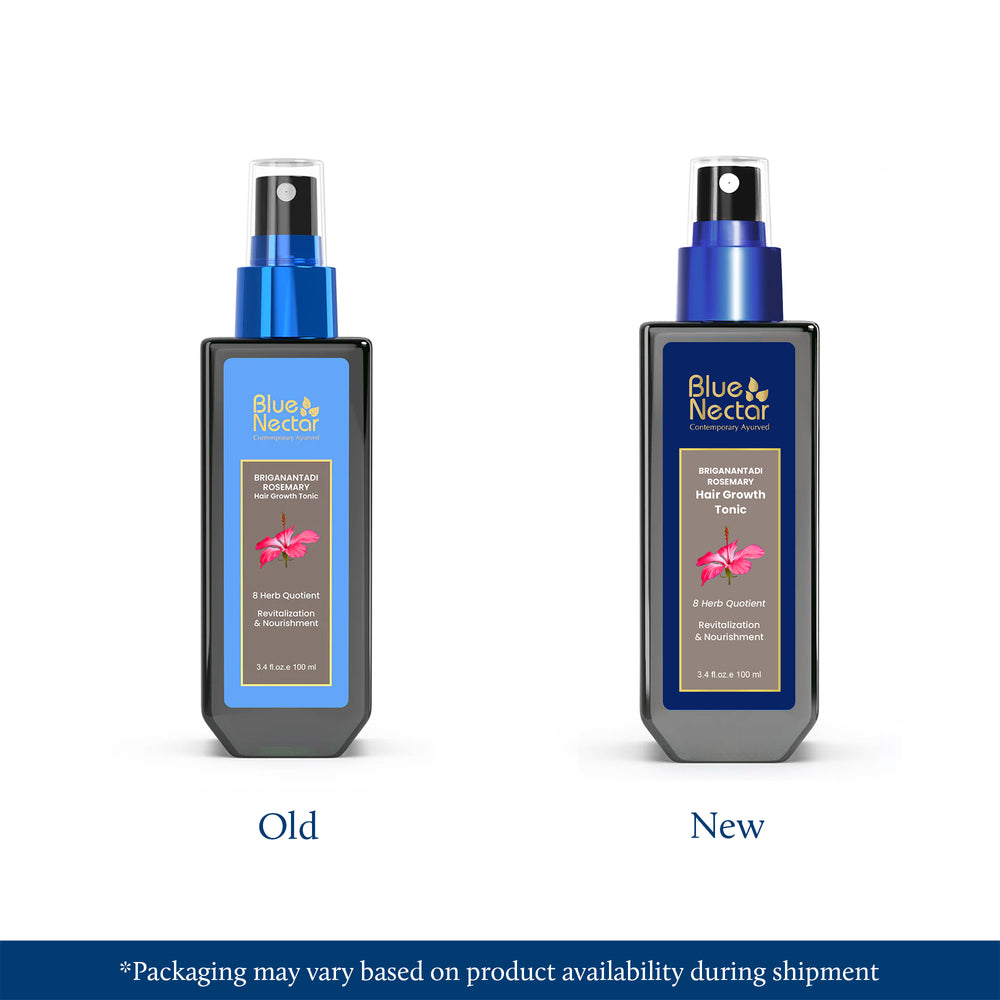
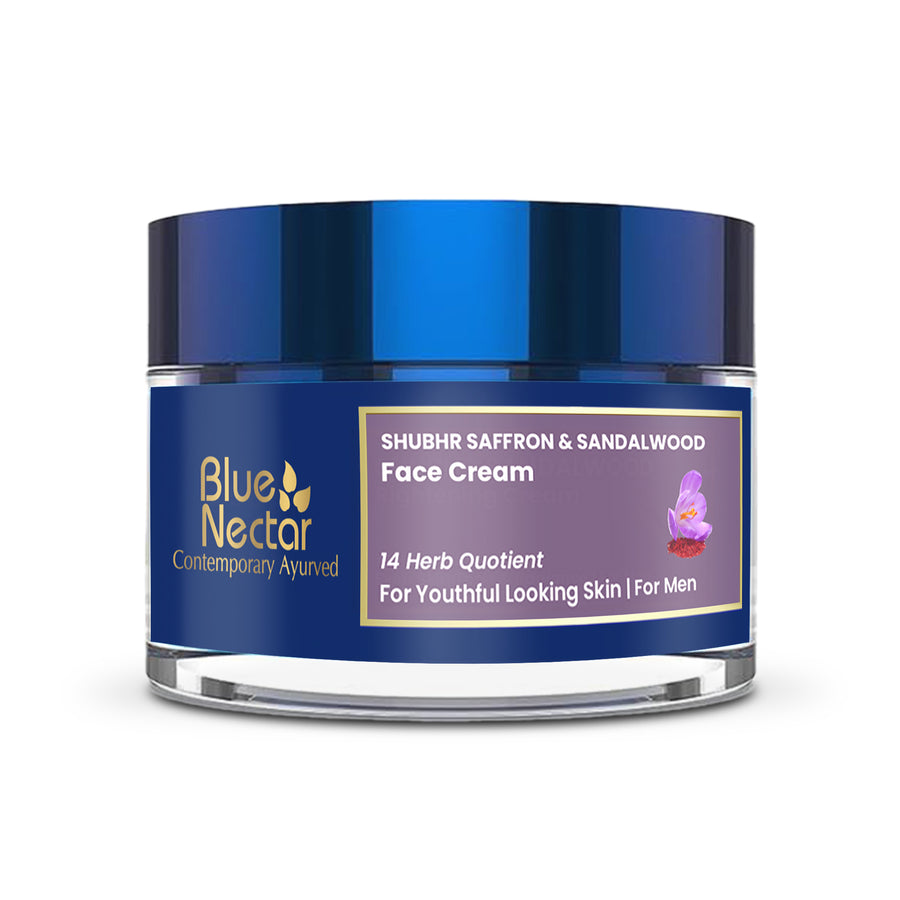
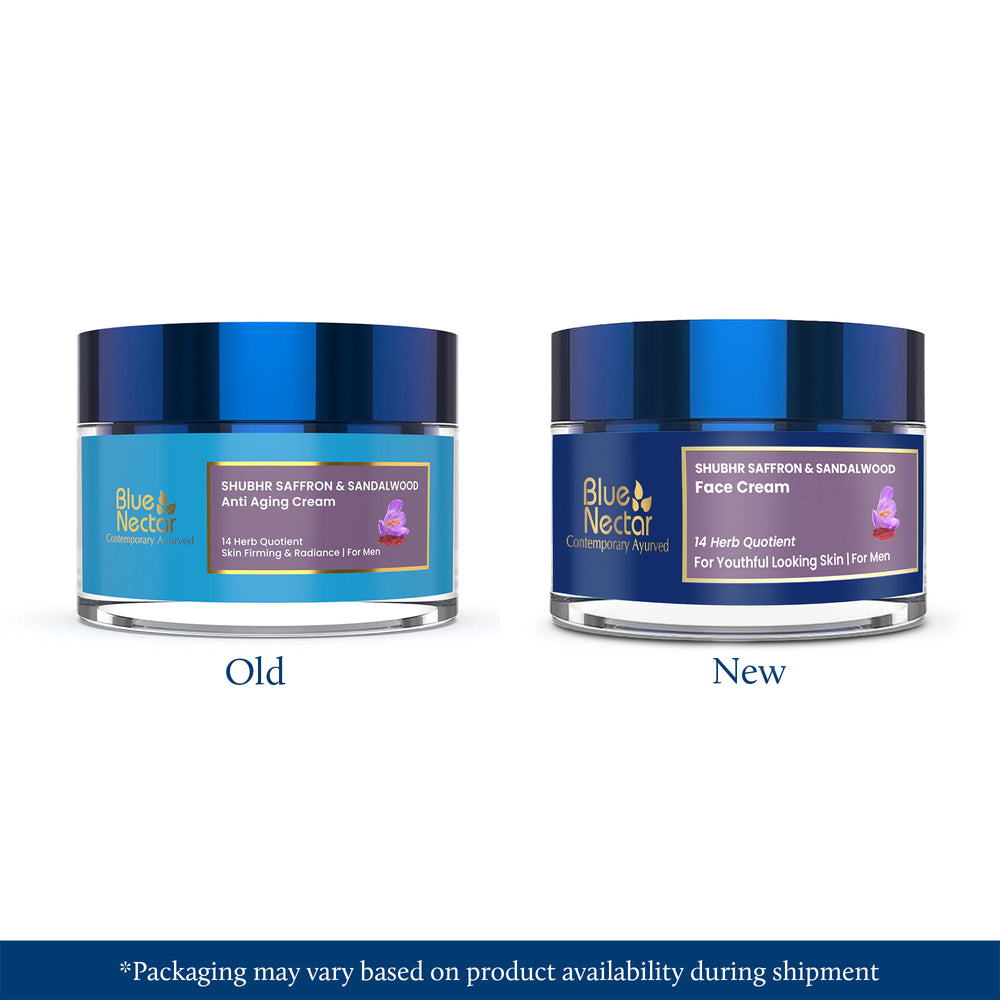
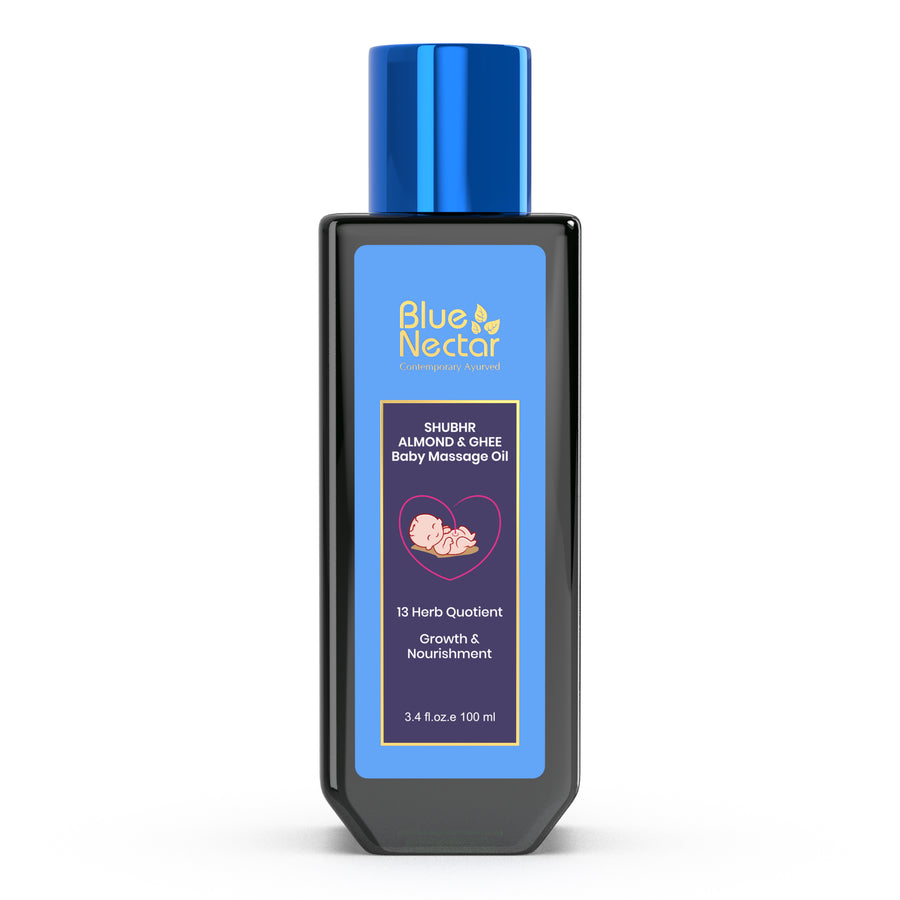
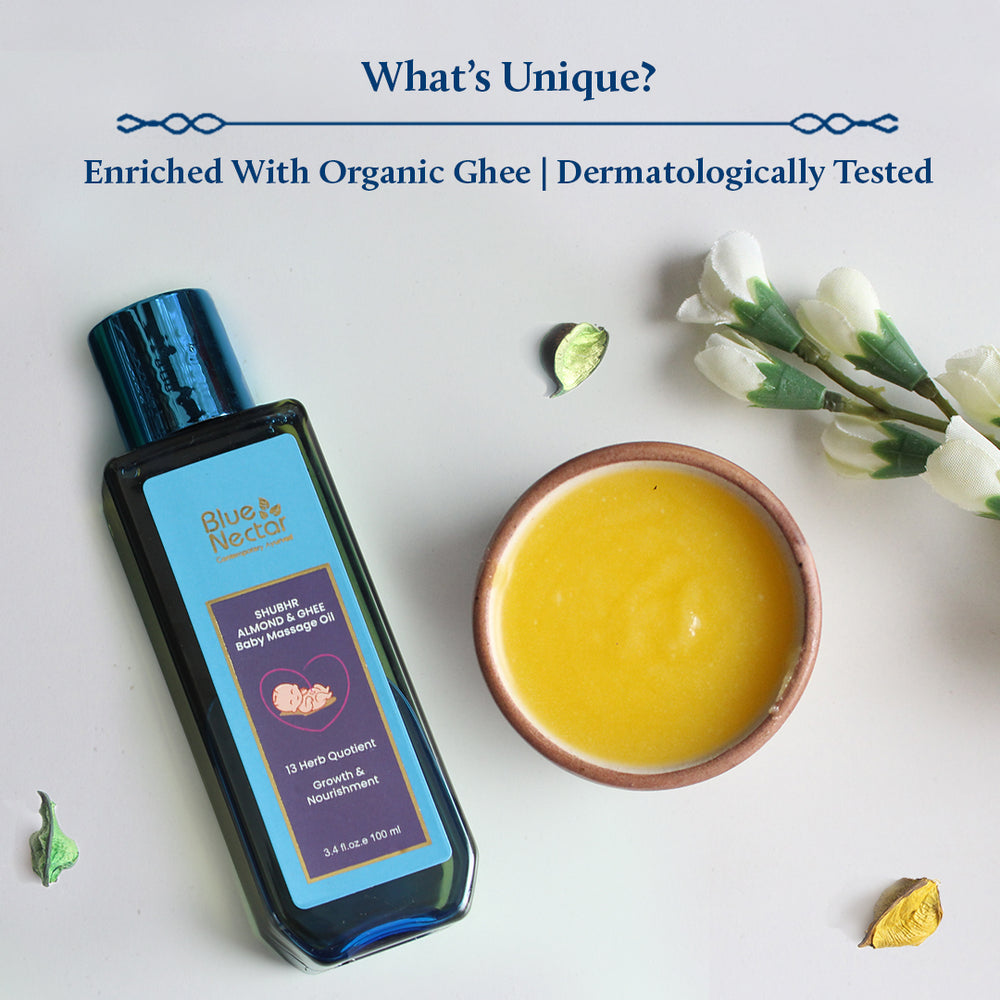
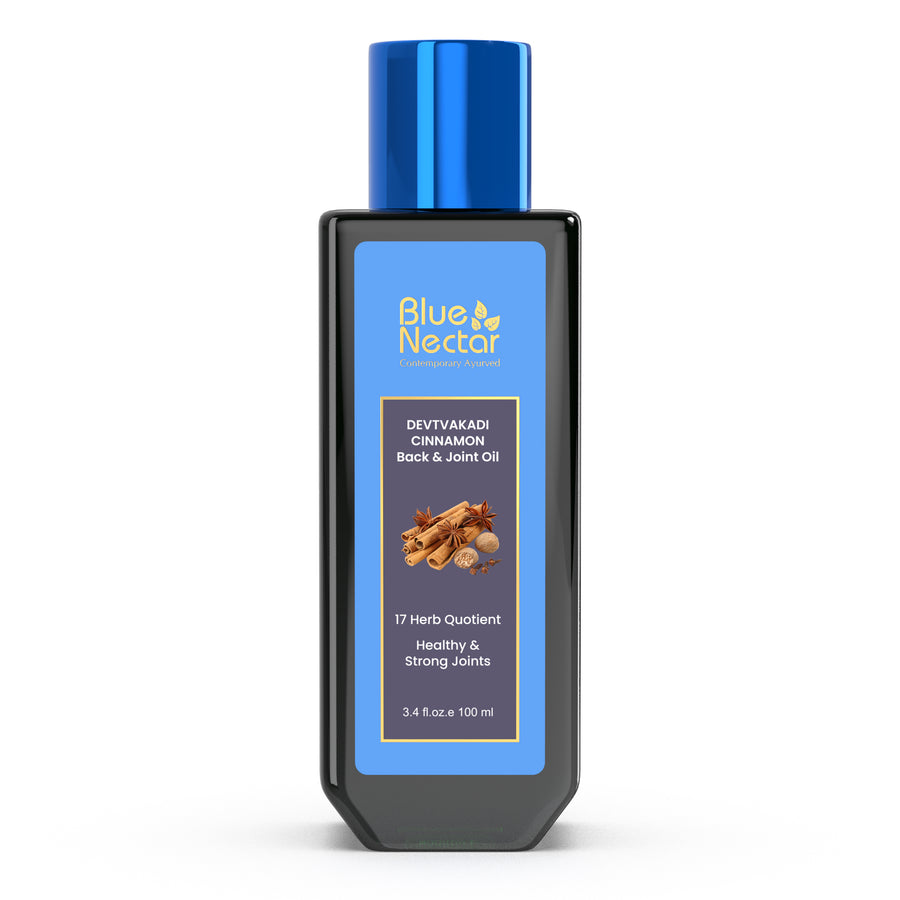
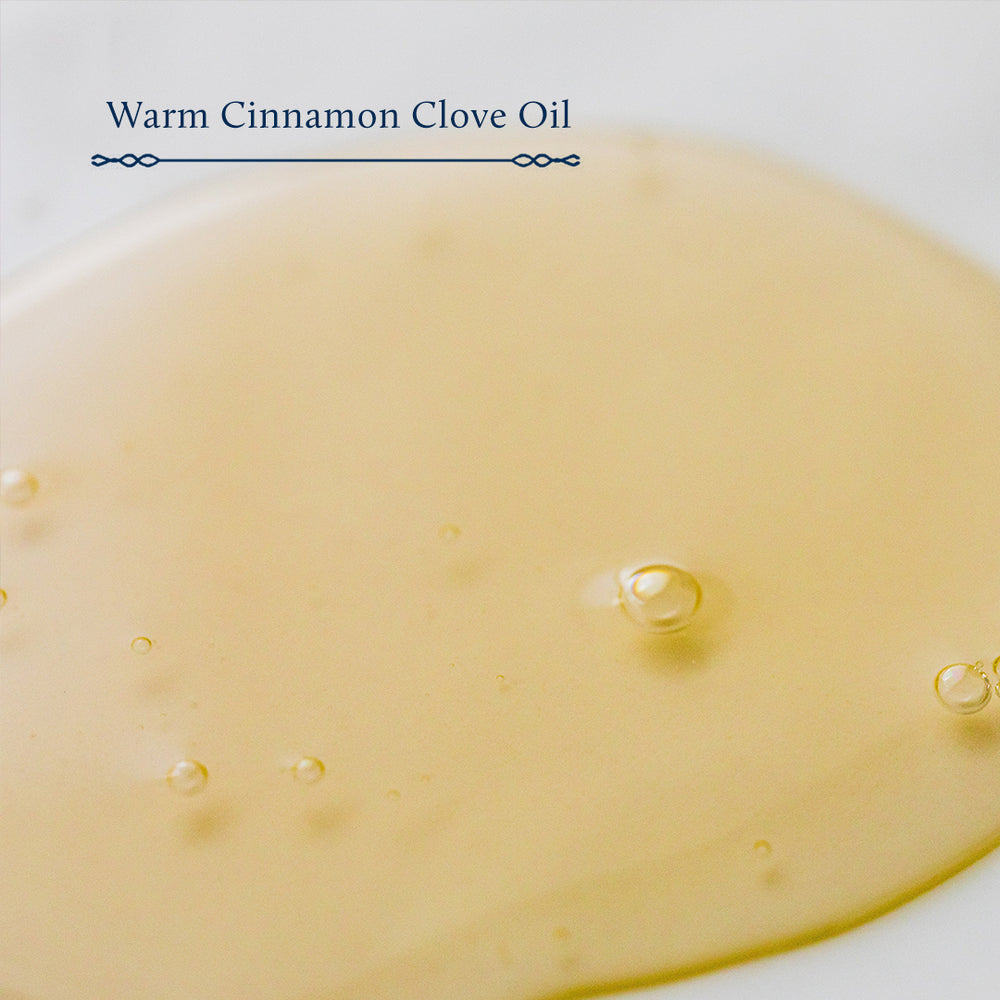
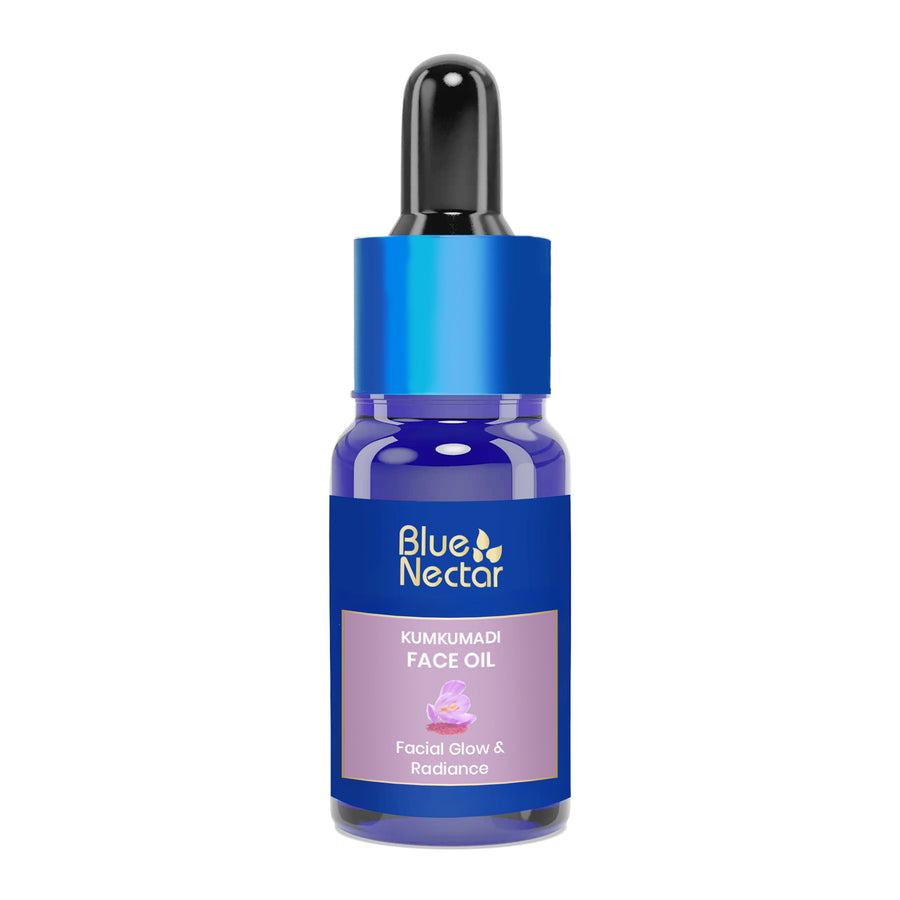
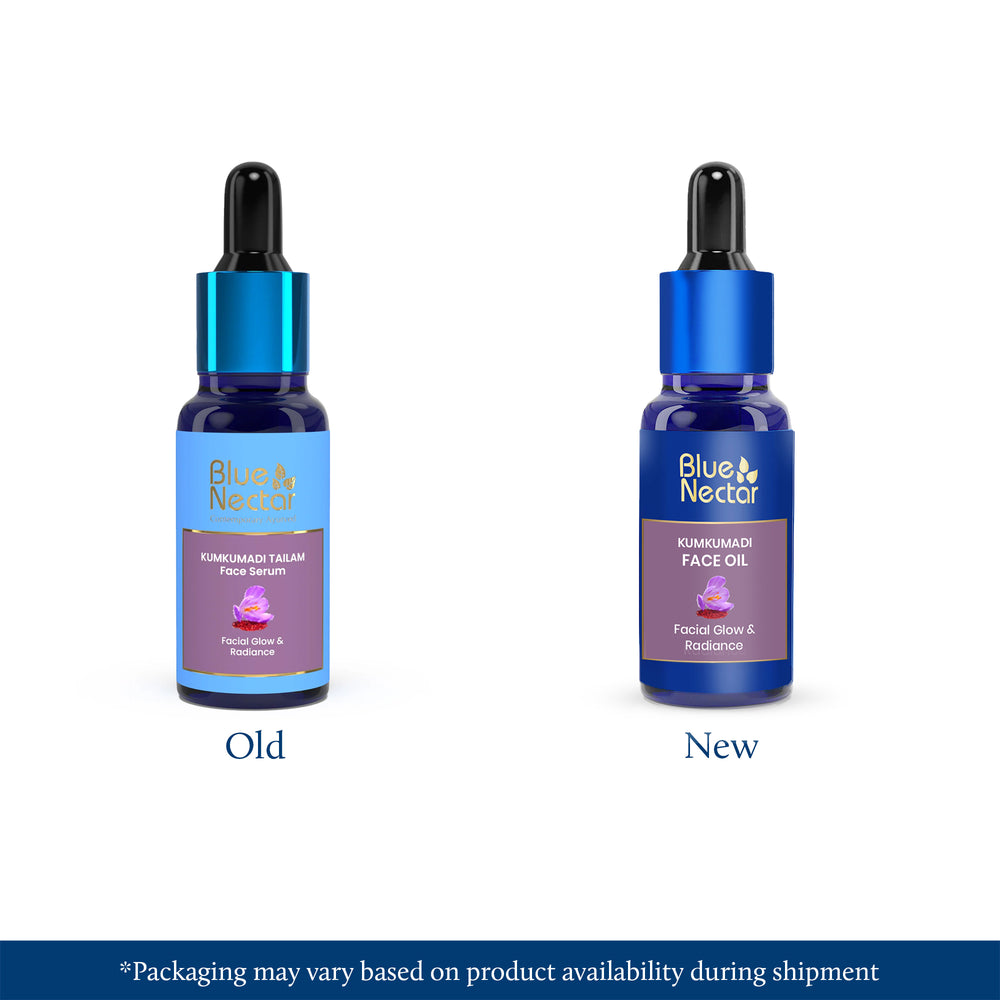
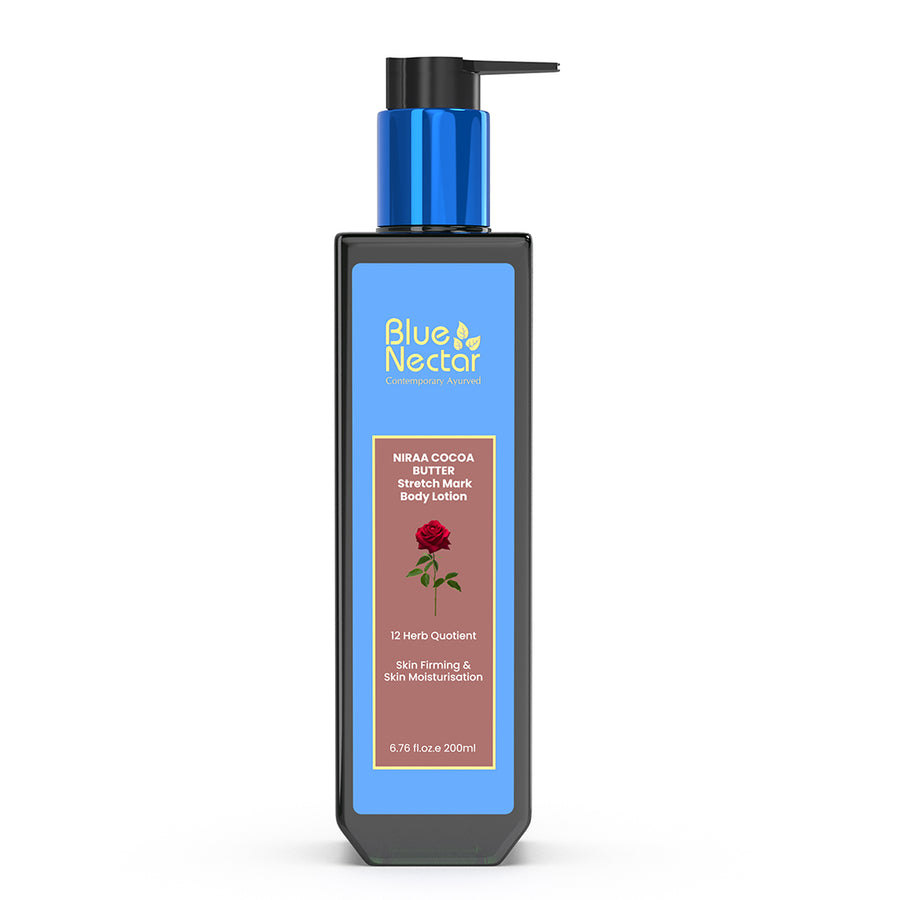
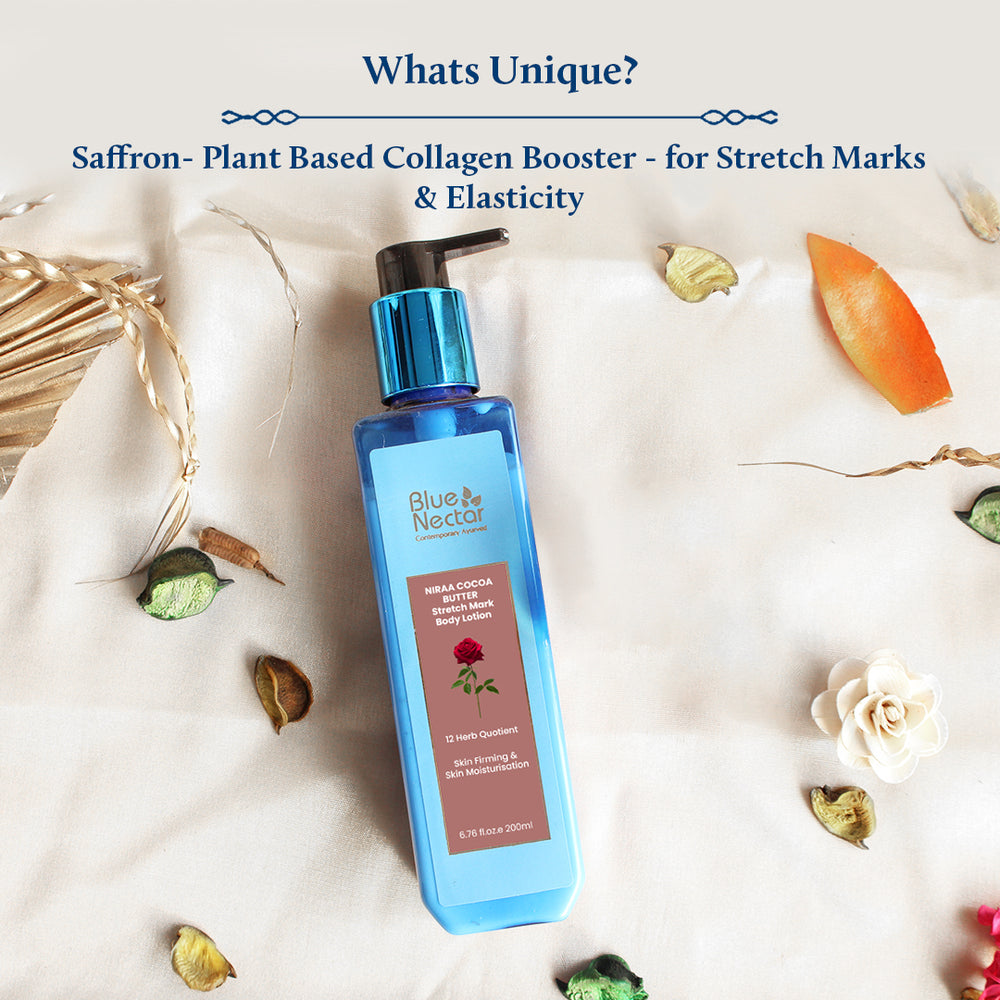
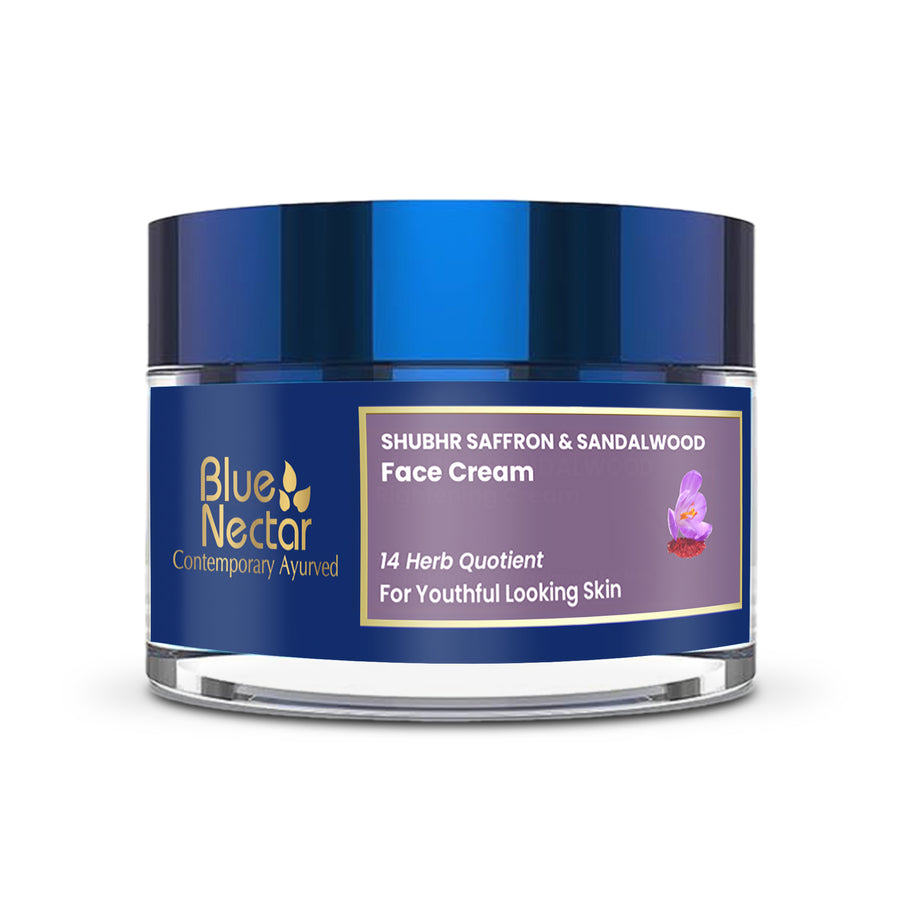
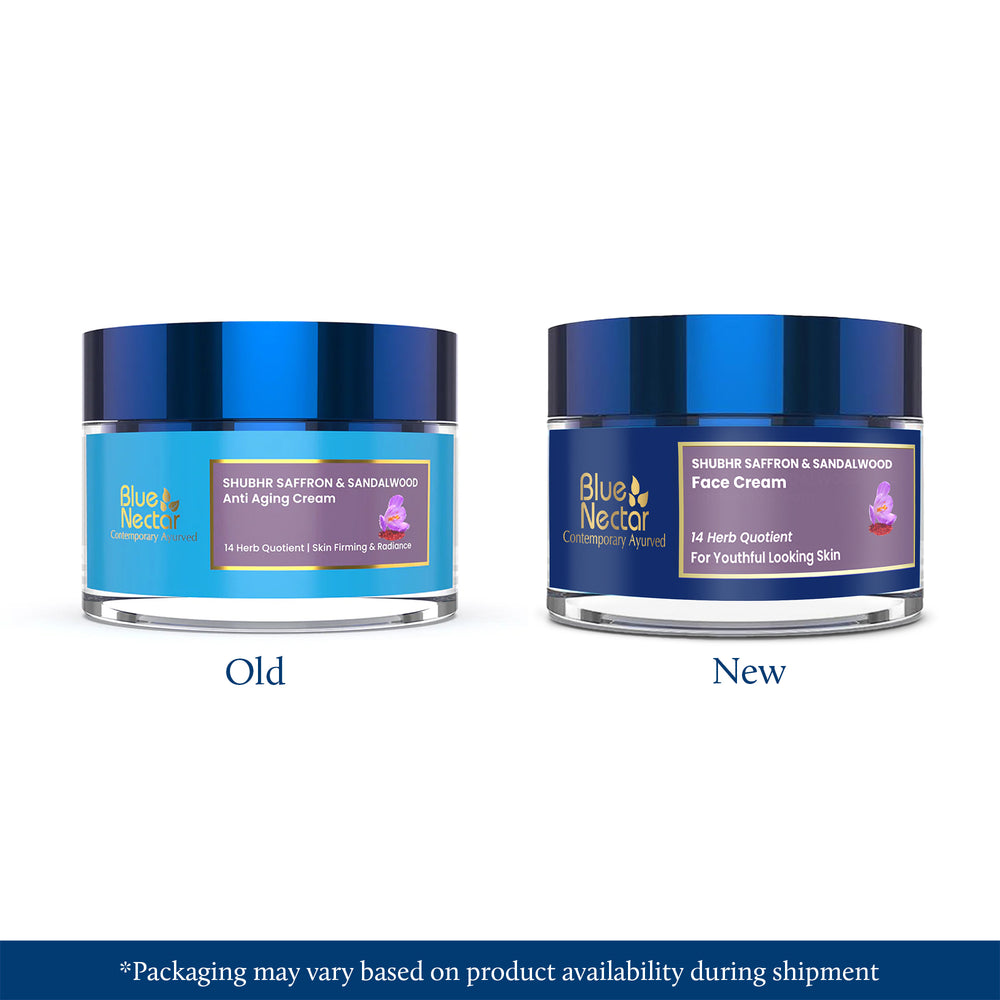
Love the tips shared in this blog! Keeping my comb clean and well-maintained is such an easy way to improve my hair care routine. Appreciate the great advice!
Leave a comment